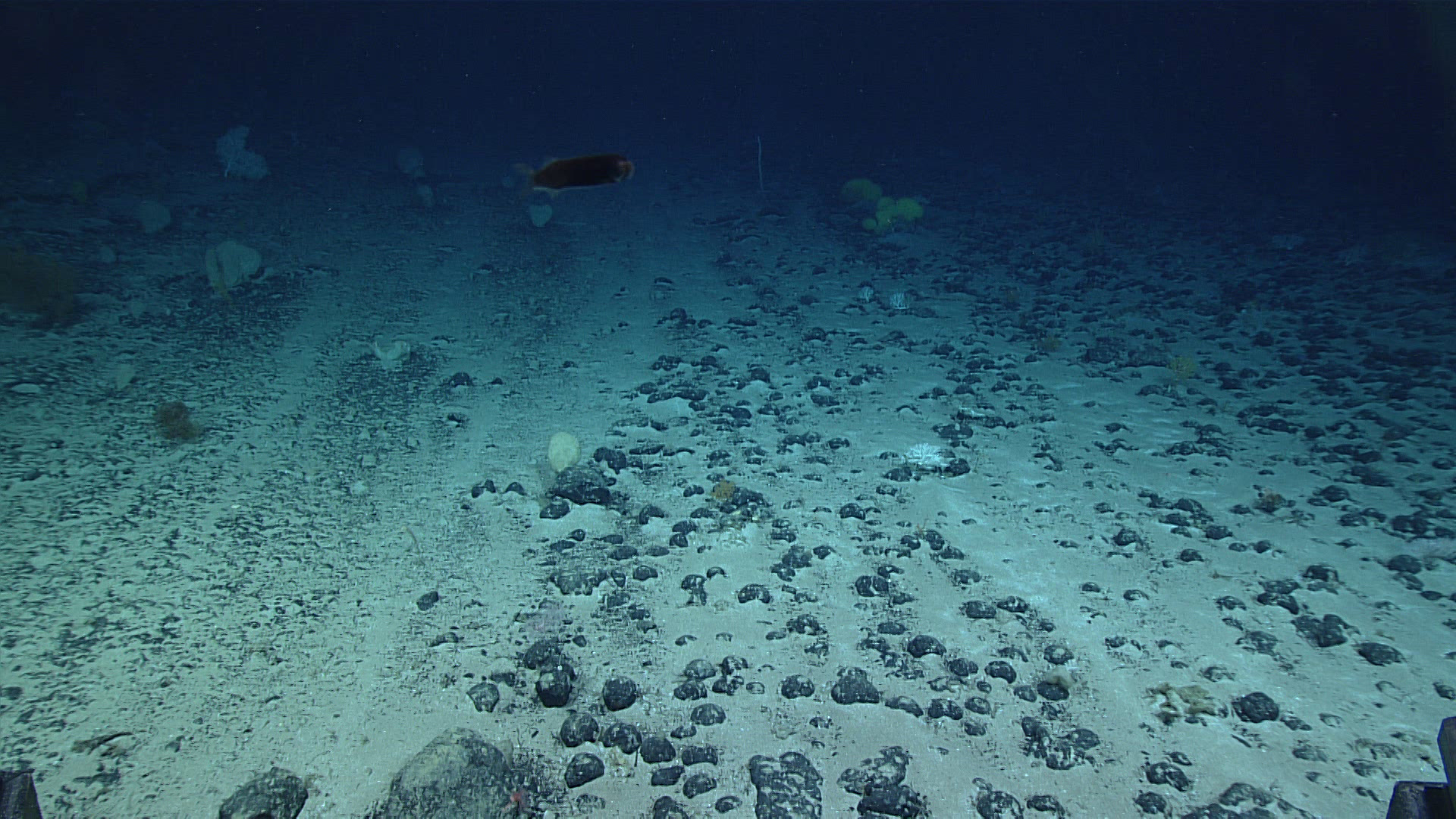India eyeing cobalt in disputed waters with Sri Lanka
New Delhi has applied to explore a deposit near the Afanasy Nikitin seamount that might be within Sri Lanka’s jurisdiction. According to experts, India's desire is first and foremost to discourage further Chinese presence in the region.
Colombo (AsiaNews) – India is trying to secure exploration rights for a cobalt offshore deposit that could fall under Sri Lanka's jurisdiction.
New Delhi is driven by competition with Beijing, but Colombo also wants to extract minerals that are crucial for modern technologies, including for the energy transition.
Cobalt is in fact used in batteries in laptops, smartphones, and electric vehicles, but also in jet engines and gas turbines.
Concerned about China's presence in the region, India contacted the International Seabed Authority (ISA), which is based in Kingston, Jamaica, to seek approval for exploration in the cobalt-rich Afanasy Nikitin seamount, located in the central Indian Ocean, east of the Maldives, about 1,350 kilometres off the Indian coast. The ISA is an intergovernmental body established under the 1982 UN Convention on the Law of the Sea (UNCLOS).
Usually, a country's sovereignty extends up to 200 nautical miles (370 kilometres) from its shoreline, an area that is called the Exclusive Economic Zone (EEZ), and that only that country can economically exploit, although ships from other countries can pass through it unimpeded.
In 2009, Sri Lanka sought to expand its control beyond 200 nautical miles by applying to the Commission on Continental Shelf Limits (CLCS), which has not yet responded to Sri Lanka's request.
If accepted, the Afanasy Nikitin Seamount would fall within Sri Lanka's nautical boundaries. The underwater structure consists of 150 blocks spread over 3,000 square kilometres.
In the past, the CLCS accepted several requests to expand the boundaries of the continental shelf, by countries such as Australia, Norway, and Pakistan, which have rights to maritime territories that stretch beyond 200 nautical miles from the shoreline.
“India’s move is not aimed at exploration immediately; instead, it is a desire to establish a foothold in the region to deter any Chinese presence,” said senior maritime law experts Navin Seneviratne and Mahesh Algama, speaking to AsiaNews.
“At present, China, Germany, and South Korea have contracts for deep-sea exploration in different parts of the Indian Ocean.” By contrast, “India’s deep-sea mining initiatives are at a nascent stage, although, in recent years, the country has demonstrated its ambition in this endeavor.”
The two experts explain that “In 2021, India launched a deep ocean mission with an allocation of 0 million for a five-year period to explore deep sea resources. In the application, India expressed its intention to carry out detailed studies on geophysics, geology, oceanography, biology, and environment of the proposed area over the next 15 years.”
To this end, “In 2023, the Indian government under the same initiative began to develop a crewed deep sea mining submersible.” The latter would “be used to explore and collect polymetallic nodules (pictured), known as manganese nodules, which are rock formations containing important minerals, such as cobalt”.
According to data by the International Renewable Energy Agency (IRENA), China currently controls 70 per cent of the world's cobalt and 60 percent of its lithium and manganese, as well as other critical minerals.
India has set 2070 as the deadline to reach net zero emissions. Such minerals would be used primarily in the clean energy industry.
04/08/2022 19:18







.png)










